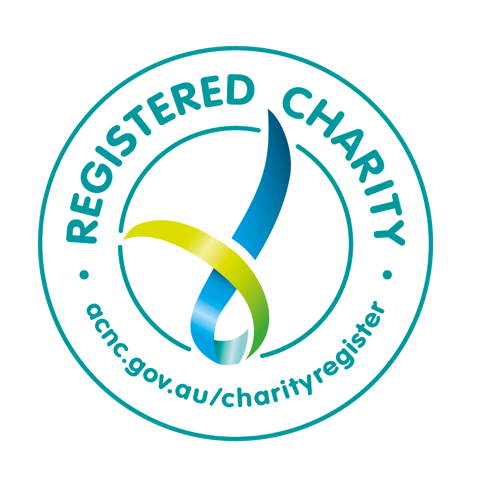Something’s not right
- Mark Discussion as New
- Mark Discussion as Read
- Float this Discussion for Current User
- Favourite
- Subscribe
- Printer Friendly Page
- Mark as New
- Favourite
- Subscribe
- Get link
- Flag for Moderator
12-05-2017 04:02 PM
12-05-2017 04:02 PM
Hello
Hello all.
I have a family member who has late on-set paraphrenia, also known as late on-set schizophrenia (in medical literature it appears there is some discourse on whether or not to classify paraphrenia distinctly due to generally a lack of negative symptoms).
The on-set began in her middle age with delusional beliefs and suffering from anosognosia, but otherwise has had unchanged or minimal impact to intellectual function since on-set apart from the significant delusions and associated stress. She had a long professional career prior to her later years and subsequent on-set in later part of life.
I wonder if there are other caregivers here to family members who have late-onset paraphrenia/schizophrenia. This condition I understand occurs significantly more common in women in ratio, and on-set occurring later in life in middle age to elderly years.
- Mark as New
- Favourite
- Subscribe
- Get link
- Flag for Moderator
13-05-2017 08:32 AM
13-05-2017 08:32 AM
Re: Hello
My husband has a late onset diagnosis (symptoms started roughly 16 years ago at age 40). He has proven diagnostically challenging and at present the working diagnosis is bipolar ii but in the mix is an older diagnosis of a form of Sz that is no longer used - one where the symptoms present as neuroses and anxiety but the underlying cause is thought to be Sz. He has mainly negative symptoms, he did have a depressive delusion/s which was difficult to diagnose as he is a spiritual person, the delusions went with treatment; he does not have anosognosia.
At present the BPii treatment is helping with some but not all of his symptoms and he is having his meds tweaked, if successful it could mean that the Sz diagnosis is possible as the drug he is presently on is used to treat both conditions and quite often at similar dosages.
Side effects are a concern at any age but there are more challenges as a patient gets older.
On the "what's new" tab I have put some links in to some talks on anosognosia - these were really helpful to me in relation to Mr Darcy's delusions. There is also a link to 60 tips for helping people with schizophrenia.
As mental illness puts a strain on even the most robust of relationships, there are not so many of us who are in long term relationships with our partners who have mental illness. It is important that we look after our own mental health as there is a high rate of depression among carers. There are a lot of supports available and I urge you to access them.
I am happy to answer any questions you might have or listen if you need to vent, verbalising frustrations is quite therapeutic.
Darcy
- Mark as New
- Favourite
- Subscribe
- Get link
- Flag for Moderator
15-05-2017 09:31 PM
15-05-2017 09:31 PM
Re: Hello
Hi @chrome,
Welcome to the Forums
I can think of any carers who care form someone with this specific diangosis, but did you have any specific questions about this diagnosis? I might be able to point you towards some other members. @Former-Member has also kindly offered to answer any questions you have too.
Hope we can help. ![]()
- Mark as New
- Favourite
- Subscribe
- Get link
- Flag for Moderator
17-05-2017 07:21 AM
- Mark as New
- Favourite
- Subscribe
- Get link
- Flag for Moderator
17-05-2017 04:41 PM
17-05-2017 04:41 PM
Re: Hello
Hello @chrome, been thinking of you today , hope you are ok xx
- Mark as New
- Favourite
- Subscribe
- Get link
- Flag for Moderator
18-05-2017 11:43 PM
18-05-2017 11:43 PM
Re: Hello
xx
- Mark as New
- Favourite
- Subscribe
- Get link
- Flag for Moderator
19-05-2017 01:34 AM
19-05-2017 01:34 AM
Re: Hello
Thank you all for your kind messages.
- Mark as New
- Favourite
- Subscribe
- Get link
- Flag for Moderator
25-05-2017 07:11 PM







